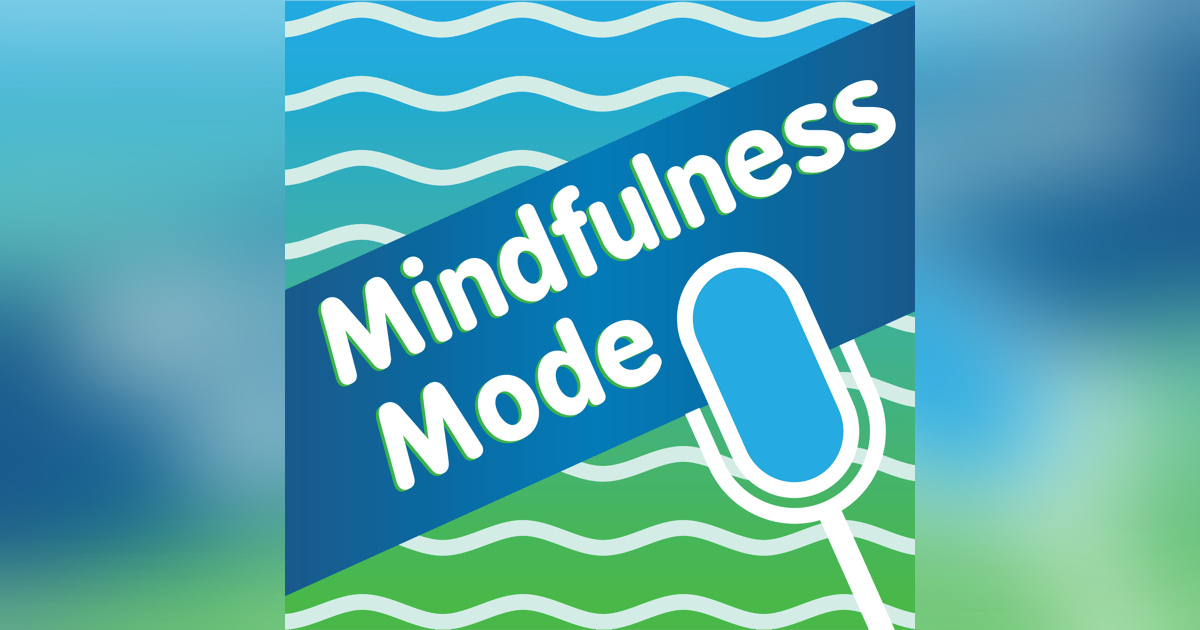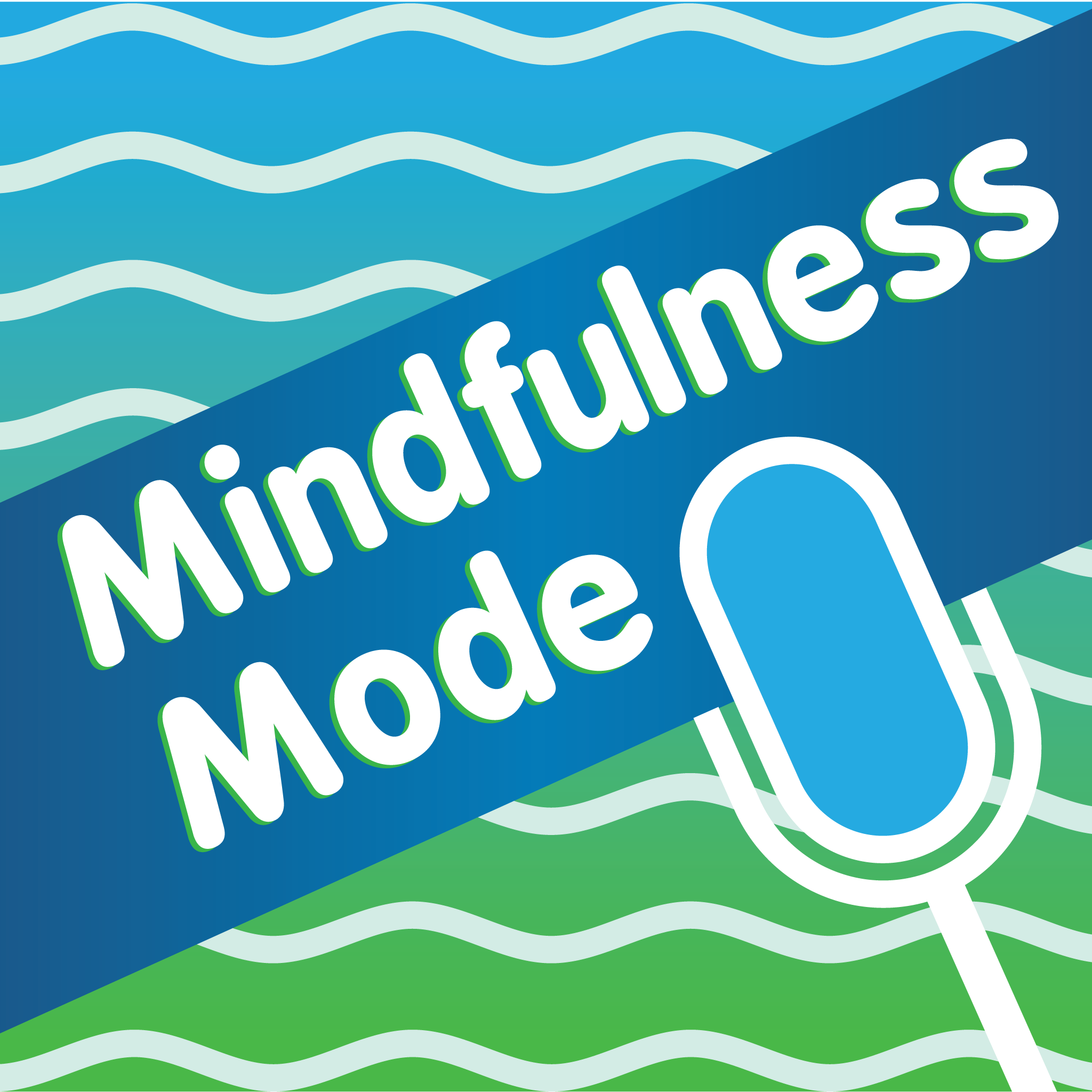Sept. 21, 2017
253 The Power of Having Fun With Dave Crenshaw

The player is loading ...

Dave Crenshaw is the master of building productive leaders and has transformed hundreds of thousands of business leaders worldwide. He has appeared in TIME magazine, USA Today, FastCompany, and the BBC News. His courses on LinkedIn Learning have received millions of views. He has written three books and counting, including The Myth of Multitasking which was published in six languages and is a time-management bestseller. His fourth book, The Power of Having Fun, releases September 19th, 2017.
Contact Info- Book on Amazon: The Power of Having Fun: How Meaningful Breaks Help You Get More Done by Dave Crenshaw
- Website: DaveCrenshaw.com
- Book: PowerOfHavingFun.com
- Blog: Pick Dave's Brain
- Steven Covey (Author of Seven Habits of Highly Effective People)
- Mindfulness has given me a lot more stability from someone who does not naturally have that kind of stability. The focus of mindfulness creates the stability of emotion.
- Breathing is not as much of my mindfulness as it should be, but I am aware of it and when I do it, it is helpful. I use counting more than breathing. And the power of the logic of the numbers to steady my thoughts back down.
- Book: The Myth of Multitasking: How Doing It All Gets Nothing Done by Dave Crenshaw
- Book: The Power of Focus by Jack Canfield and Les Hewitt
- App: My Calendar People are addicted to apps and they believe that having the next new phone or new app is going to make them productive. In fact, it is not the app, but how you use it; what the underlying principals are.
- I've got two stories and they're both related. I grew up as somebody who, at least I feel, was bullied quite a bit. Part of that is the personality. Part of that is that I grew up in an environment at home where I was subject to a lot of emotional and verbal abuse, constantly, and so I did a lot of things at school which were ways to get attention and ways to get people to like me that were just not normal.
- And so it put a target on my back and it was really hard for me to deal with. What I gained from that personally was empathy for others. I really strongly dislike when I see others getting judged or diminished because they are different.
- Bring that to just last week. My son is twelve and is just starting Junior High. All of us who have been through that experience know how difficult that can be. He's a really good kid and he's also really sensitive. I said to him, Straton, I want to tell you something that I wish someone had told me going into Junior High.
- I said, 'You are going to see kids doing things that are rude, they're going to say things to you that are not nice. What I want you to understand is, they are all just trying to figure it out. They don't know what's right and what's wrong. They don't even know what kind of a person they want to be yet. So when you see that, don't take it personally. It's so easy to think, oh, they're picking on me. But instead, just say, that's somebody just trying to figure it out, and just go, there it is.
- Just be nice to them and move on, because my experience is, those same people who acted like that, the majority of them, ten to twenty years from now, they regret the way that they acted, or they completely forget about it and they become people who are well-adjusted, nice, kind adults. And so, my perspective is, we need not take that personally when those kinds of things happen. That's just part of other people going through the process of learning and growing.
- I had it happen to me this week. I had somebody send me a nasty message about my book. The initial reaction is to personalize it and say, I'm going to be offended by this. But what I did was, I flipped it around. I thought, what if I said that to him in the workplace.
- Usually I don't respond to this, but for some reason I decided to respond. And so I said to him, 'Imagine if I came into your workplace and I said that to you, over your shoulder. Can you feel how ugly that moment would be?
- And If I saw someone say that to you, I would tell them to stop. Because I believe in you. As a human being, you should not be treated like that.
- So if people are treating you like that, I'm sorry that that's happening. I think a lot of times, if people lash out like that, they're doing that because other people are treating them that way or because they feel insecure about their life. So the approach I tried to take as an adult, is to turn it around and say, I support you; I care about you.